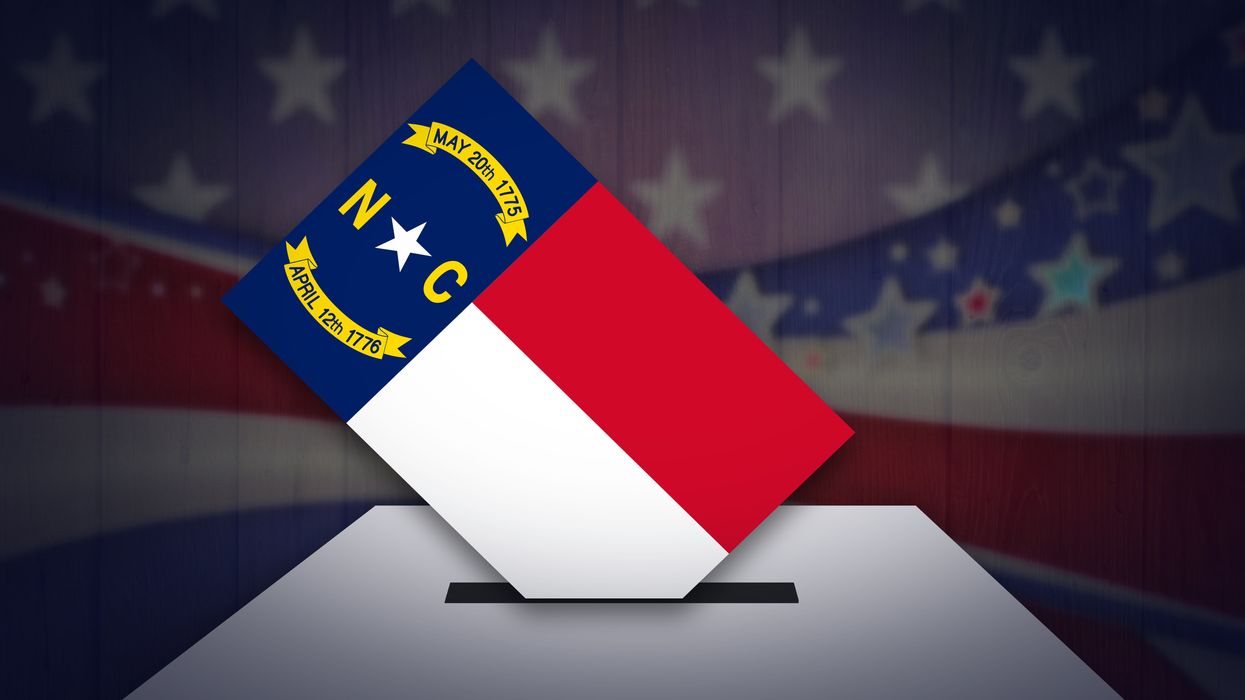If our world is an ant mound, this novel coronavirus was a boot that stepped on us all.
But after an initial burst of confusion, ant colonies rebuild. Here in North Carolina, so must we. A key component of rebuilding is making sure our democracy functions. At the State Board of Elections, we are laser-focused on making sure you can exercise the right to vote, no matter what challenges Covid-19 will bring.
This unusual moment presents us with a unique opportunity. In our polarized times, it can be a challenge for people from diverse political persuasions to work together to improve our democracy. The uncertainty around how to best conduct a vote in the middle of the pandemic can be an opportunity — if we let it.
Policy makers, if they have the courage, can see beyond the typical partisan expediency that accompanies election law changes. Sure, it is natural for elected officials to consider the effect changes to the election process will have to their own benefit or detriment. But in times like these, such narrow self-interest is of little value.
The demands of coping with the coronavirus have scrambled our ability to predict how voters will behave. While partisans typically can forecast how changes to election procedure will help or hurt their cause, this unprecedented moment has rendered such forecasts irrelevant.
This uncertainty can free policy makers from short-term partisan concerns and let all of us focus on making democracy work. At a time when so few citizens believe that our democracy is functional, we have a chance to prove — even in the midst of societal upheaval — that we are still a government of, for and by the people.
Across this country, Republican and Democratic governors, secretaries of state and agencies such as our board are all grappling with this crisis and are evaluating and contemplating changes to keep voters, poll workers and election officials safe. In North Carolina, we are going to do everything within our power to make sure voters of all political persuasions have every opportunity to cast their ballots and make their voices heard.
Our board's executive director has offered the General Assembly a set of recommendations entirely focused on overcoming the challenges Covid-19 has created. These recommendations include:
- Giving county boards flexibility in areas like poll-worker assignment and early voting.
- Making it easier to securely request and cast votes by mail.
- Providing modest matching funds to access federal election dollars.
The Legislature's session, which was suspended because of Covid-19, has started again and will continue through the end of June. The next voting in the state is a June 23 runoff for the GOP nomination to succeed Mark Meadows, now the White House chief of staff, in the congressional district at the state's western end.
No one wished for this pandemic. We sincerely hope that North Carolina and the United States can be past this crisis before the fall elections, but it is imperative that we are prepared in the event we are not. There will be plenty of time when it is all over to re-engage in our partisan battles about election policy. Right now, we all need to work together.
The coronavirus has given us a chance to live up to our democratic values. Let's hope we take it.




















